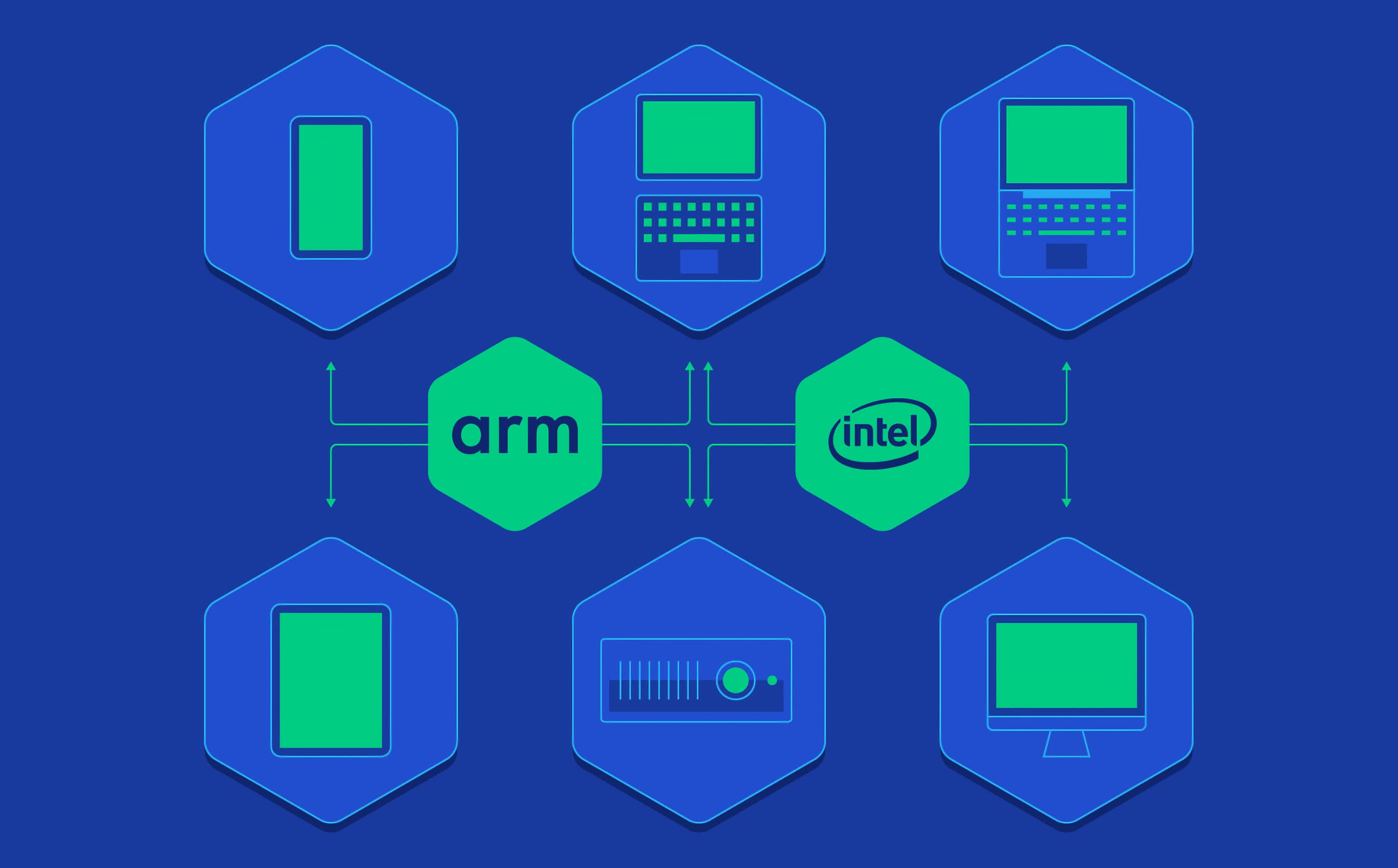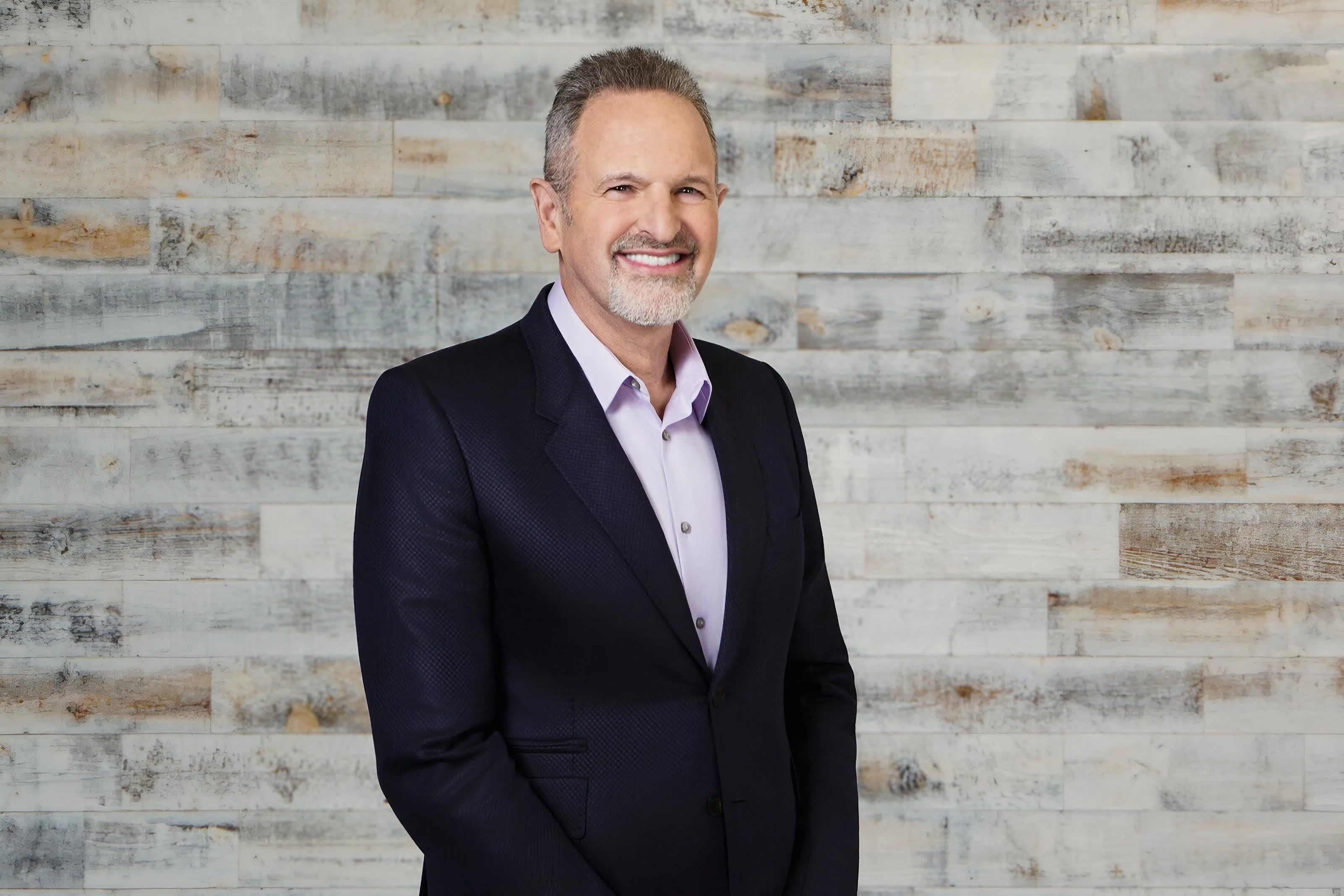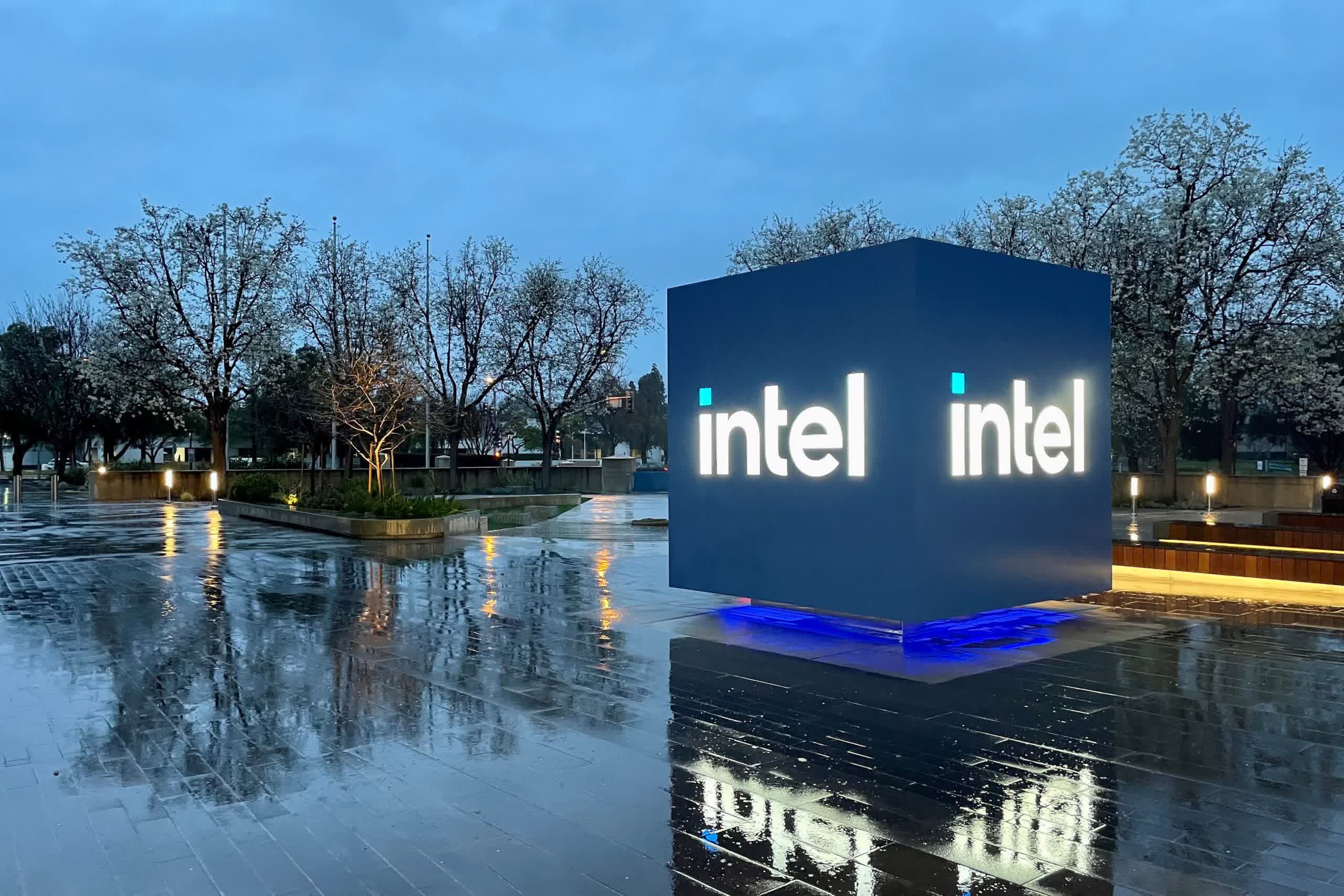Why it matters: Everyone has an opinion on what went wrong with Intel and where the company is headed. Recently, the CEO of one of its biggest rivals - and an occasional partner - weighed in on what could be next for the chipmaking giant.

In an exclusive interview with The Verge, Arm CEO Rene Haas shared his perspective on Intel's recent chaos. He also addressed rumors that his $150 billion British semiconductor company may start manufacturing chips rather than just licensing its designs.
Haas expressed some sadness regarding Intel's tumultuous situation. Last week, Intel's CEO Pat Gelsinger resigned after failing to stop the company's downturn.

He noted that companies must continually reinvent themselves in the tech industry. Haas believes Intel's core dilemma is deciding whether to remain vertically integrated by designing and manufacturing chips or to split those roles by becoming fabless. Intel has wrestled with this "fork in the road" for the past decade.
Indeed, when running both design and manufacturing wings, chip advancements require heavy investments in infrastructure and a longer time-to-market. Perhaps that's why rivals like AMD have adopted a fabless model, relying on partners such as TSMC for manufacturing to avoid the financial strain of maintaining costly fabs.
Gelsinger had firmly chosen vertical integration when he took the helm in 2021, a strategy Haas felt required 5-10 years. Sadly, Gelsinger resigned in just three. Haas suggested that such a model has its upsides, but he also questioned whether the immense associated costs made it "too big of a hill to climb" for Intel.

In September, Arm had reportedly approached Intel about acquiring its product division, which develops chips for PCs, servers, and networking equipment. Intel turned down the offer. Haas declined to comment on the deal other than to note that he repeatedly urged Gelsinger to license Arm designs to boost Intel's prospects and leverage its manufacturing capacity. However, Gelsinger didn't take that offer.
Haas did not confirm or deny the rumors of Arm getting into manufacturing - perhaps for AI. However, he did say that there are benefits to simultaneously defining the instruction architecture and building the processors. It allows for being closer to the hardware-software interaction and a better understanding of the tradeoffs in chip design. So if Arm did pursue making its own chips, Haas said that integration would be "one of the reasons."
Arm boss casts doubt on Intel's path forward after CEO shakeup